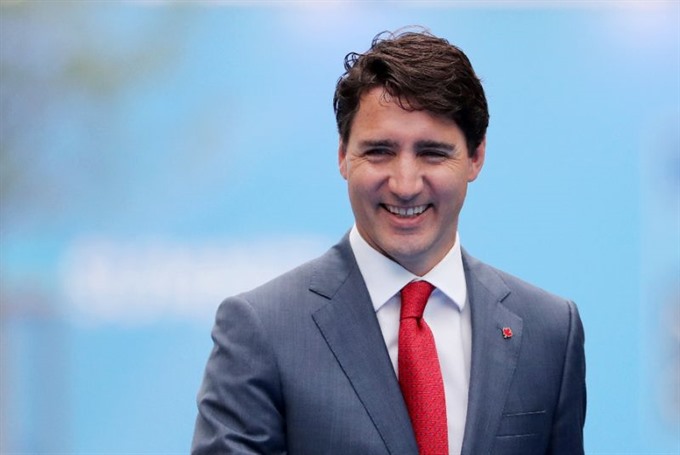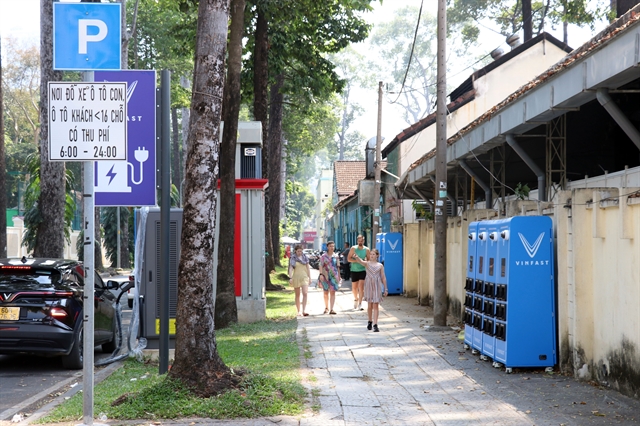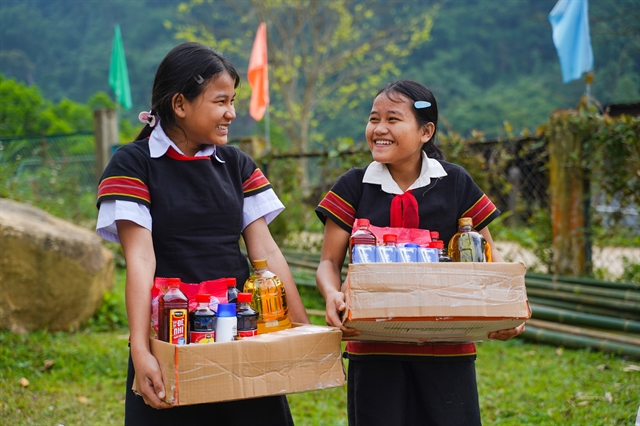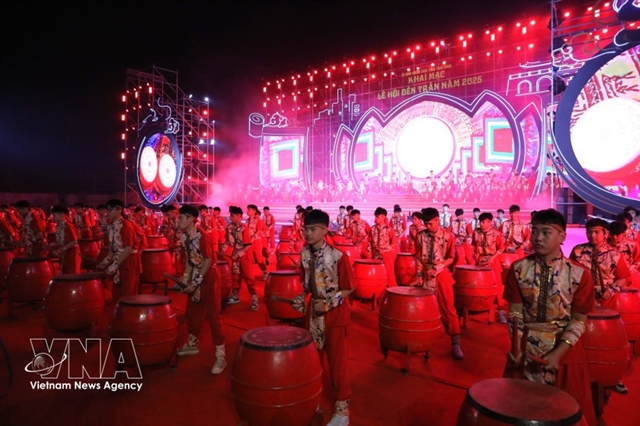 World
World

Canadian Prime Minister Justin Trudeau reshuffled his government on Wednesday, setting the stage for his Liberal Party ahead of legislative elections next year amid tensions on global trade and the rise of populism.
 |
| Prime Minister Justin Trudeau is set to announce a government reshuffle, his third since taking office. — AFP/VNA Photo |
OTTAWA — Canadian Prime Minister Justin Trudeau reshuffled his government on Wednesday, setting the stage for his Liberal Party ahead of legislative elections next year amid tensions on global trade and the rise of populism.
The shake-up, 15 months before voters go to the polls in the G7 nation, appeared designed to give the Liberals a lift at a time when polls show their Conservative Party opponents are hard on their heels.
The changes laid out by Trudeau were more ambitious than anticipated.
In a first, he announced the creation of a Ministry of Border Security and Organised Crime Reduction, saying the "integrity" of Canada’s frontiers was a "top priority."
"That means effectively managing the arrival of irregular migrants and asylum-seekers and preventing the flow of illegal drugs and firearms into our communities," he told reporters.
The federal government now has 34 ministers, up from the previous 30, and several ministries were reorganised to reflect global economic challenges -- including the protectionist policies of US President Donald Trump.
"We need to diversify our markets and we need to ensure that we are not as dependent on the US," Trudeau said.
Thus, the Ministry of International Trade will now be the Ministry of International Trade Diversification, under Jim Carr, previously the minister of natural resources.
Carr will be responsible for ensuring the ratification of the Trans-Pacific Partnership (TPP) trade deal with 10 other countries -- not including the US, after Trump pulled out of the deal -- and of concluding a trade accord with the four South American countries of Mercosur (Argentina, Brazil, Paraguay and Uruguay).
A warning shot
But the thorny brief of renegotiating the North American Free Trade Agreement (NAFTA) under pressure from Trump will remain with Foreign Minister Chrystia Freeland.
Fisheries minister Dominic LeBlanc, who is close to Trudeau, will become the minister of intergovernmental affairs, giving him the delicate task of navigating relations between Ottawa and provincial authorities.
That comes at a time when the Conservative opposition is riding high in much of the country, with rightist parties favored in elections in the eastern province of Quebec in October and in Alberta, in the west, next May.
Liberals saw the election in early June of Conservative Doug Ford as premier of Ontario -- the country’s richest and most heavily populated province -- as a warning shot.
Ford is a populist and a climate sceptic who wants to reduce the size of the state and drastically slow immigration -- a reminder, analysts say, that Canada has not been spared from the international rise of populism in politics.
Nationwide legislative elections are scheduled for October 21, 2019.
Since Trump’s election in 2016 and his tightening of US immigration policies, Canada has seen an influx of immigrants, both documented and otherwise.
Immigration has become a polarising issue, even if the numbers of arrivals are far below those facing the US or Europe.
Bill Blair -- a former police chief in Toronto, where he helped oversee the process of marijuana legalisation -- will take over the newly created ministry for border security.
Blair will be in charge of enacting the marijuana legislation in October.
This was Trudeau’s third government reshuffle since coming to power in November 2015.
He retained the gender parity of the last cabinet, naming women to half the 34 positions. — AFP




